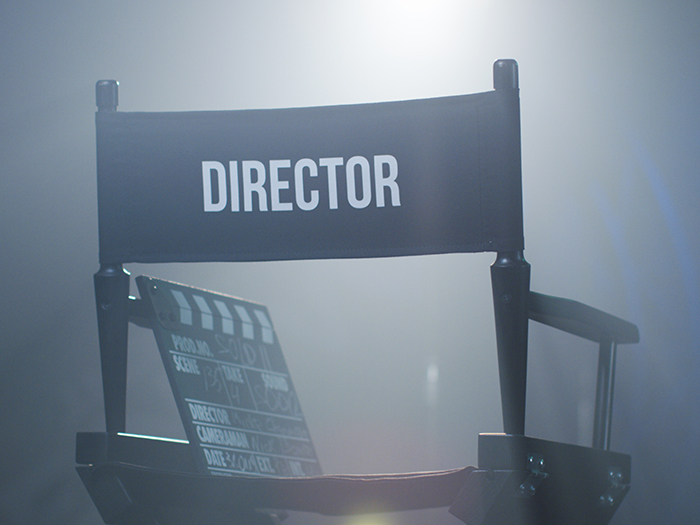Risk Insider: Tony Boobier
The Future of AI Is Now
It’s been an interesting couple of months. In between helping to set up a new IoT insurance center in Munich whilst being caught up in corporate restructuring, I’ve also been catching up on my reading.
There’s a lot in the press about “artificial intelligence” and “cognitive analytics” — in effect the whole issue of machine learning. I’m thinking a lot about how this might not only affect insurance business models but also individual professions within the insurance industry.
Along the way, I also suffered my own insurance claim — I’ll share details in a moment or two — and saw how AI and the “real world of claims” seem to come together.
In my research I came across a very interesting academic paper called “Future Progress in Artificial Intelligence: A Survey of Expert Opinion,” which I would commend to you. The paper, originating at the Future of Humanity Institute of the University of Oxford, points to concerns about the impact of AI on humanity and how it will bring “significant risks.”
If we look at 10 years [from now], then insurance in an AI environment will happen within our immediate working lives.
It makes the point that these risks to humanity have either been ignored in the past or considered to be science fiction.
In my presentations I often refer to the movie “Minority Report,” which is based on the Philip K. Dick science fiction story about predicting thought crime, and I argue that these capabilities are already with us — even if flying through the ether is not yet currently available.
Cognitive analytics are already piloted in health care and wealth management. But the long and short of it is that some major insurers are already thinking hard about cognitive analytics and AI in the context of the Internet of Things.
So when will all this happen in reality?
The experts say that there is a one-in-two chance that high level AI “will be developed around 2040-2050, rising to a nine-in-10 chance by 2075.” They also say incidentally that there is a one-in-three chance that this will be “bad for humanity,” but let’s save the ethical questions for a different day.
These are average figures, but let’s drill down a little more deeply.
Of the group of 123 eminent scientists surveyed, 11 percent say that we will understand the architecture of the brain sufficiently to create machine simulation of human thought within 10 years. Of this, 5 percent suggested that machines will be able to simulate learning and every other aspect of human learning within 10 years.
They also predicted machines will have the specific levels of maturity worthy of a third grade school exam by 2030, the Turing test (in which an observer cannot tell the difference between a conversation with a human or a machine) by 2040, and Nobel-level research by 2045.
So, let’s roll the insurance clock forward either 10 or 30 years depending on how bullish you feel. If we look at 10 years, then insurance in an AI environment will happen within our immediate working lives.
Even if you have retired, you will still be affected as it will impact the way you buy cover and the way your claims are serviced.
If we look at a longer timescale of 30 years, then the grads and interns coming into the industry today will be using this before they finish their careers.
For what it’s worth, I think it will happen sooner rather than later.
But, I promised to tell you about my own claim.
My delayed flight back from Munich to London was much delayed, and I was greeted at about 1 a.m. with a flat battery in my car. I called the auto breakdown insurer who promised a repair guy within 30 minutes who actually turned up in 20 minutes.
Not only did he bring a professional solution in the middle of the night, but he also brought with him a smile, which made all the difference to a tired guy like me. Great service, great attitude.
At the end of the day, isn’t it still going to be about the basics, especially at the claim’s “moment of truth?” I really hope that the AI that we eventually learn to live with in insurance will recognize the importance of service and the very great power of customer advocacy.










